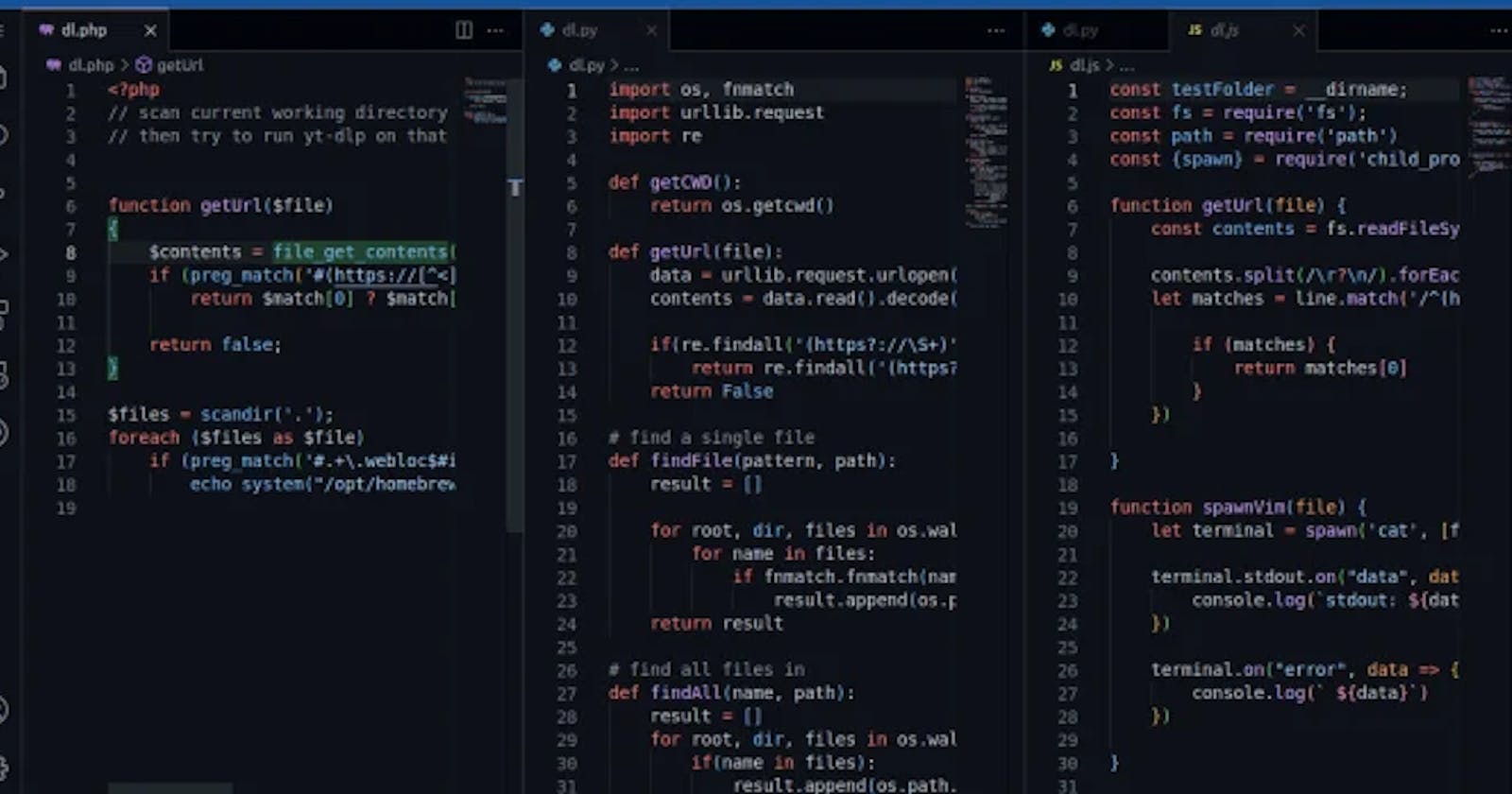Table of contents
No headings in the article.
It's misleading not to believe that code refactoring is essential for maintaining a healthy codebase. Keep your code efficient, performant, and easy to maintain with regular refactoring.
As software development projects progress, it is common for code to become more complex and difficult to maintain. These can lead to increased development time, higher maintenance costs, and more bugs. One way to combat this problem is through the practice of code refactoring.
Code refactoring is the process of restructuring existing code, improving the design, structure, and readability while preserving its functionality without changing its external behaviour. These can be achieved by simplifying the code, removing redundant or unnecessary elements, and making the code more modular and reusable.
Benefits of regular code refactoring
It improves maintainability by simplifying the code, removing redundant or unnecessary elements, and making code more modular and reusable. It becomes easier to understand and maintain over time.
It improves the performance of the code by optimizing the code for efficiency and reducing its complexity to run faster.
It makes the code more flexible, allowing for easy modification and extension as new requirements or changes arise.
It improves code quality by removing unnecessary elements or bad practices, making the code more robust.
How to perform code refactoring
Review the codebase and identify areas that could benefit from refactoring
Make changes to the code in order to improve its design, structure, and readability.
Test the code to ensure that it still functions as expected.
It is important to note that code refactoring is not the same as adding new features or fixing bugs. While these activities are also important, they should be prioritized and balanced with the time and resources spent on refactoring. A good practice is periodically reviewing the codebase, identifying areas that could benefit from refactoring and then prioritizing those changes accordingly.
In summary, code refactoring is essential in software development because it helps to keep the codebase in good shape over time. It improves code quality, maintainability and readability, code performance and adaptability. Regular code refactoring can save time and resources in the long run and ensure that your codebase is in the best possible condition.
